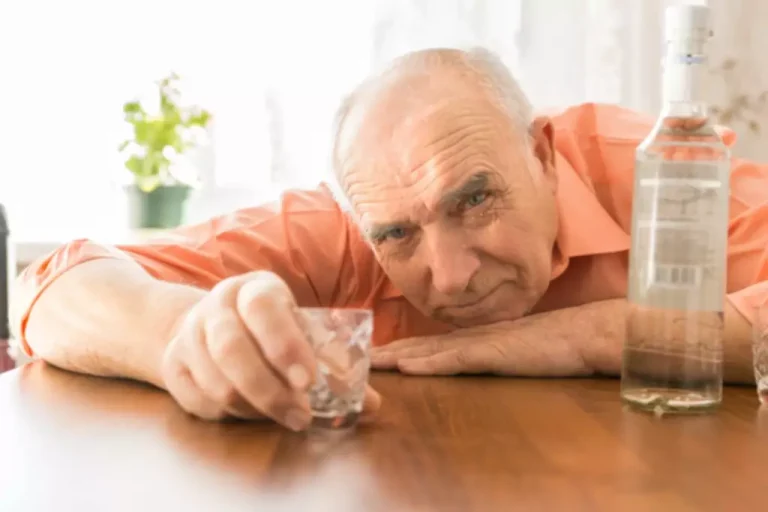Your doctor may be able to connect you with shelter programs for people recovering from alcohol addiction. Some people can be treated at home, but others may need supervised care in a hospital setting to avoid potentially dangerous complications such as seizures. Professional alcohol detox can create a safe and supportive environment for detox to occur. In this phase, professionals assist with the acute symptoms of withdrawal in a variety of settings.
How Long Does It Take To Detox From Alcohol?
This will likely start with paperwork and documentation that outlines your medical history, then a medical exam to assess your overall health. Inpatient alcohol detox is themost comprehensivetype of medical detox available. This form of detox requires living in a detox facility during withdrawal. Inpatient detox may be necessary to safely detox for some people, but it provides a more comfortable, reassuring experience for anyone undergoing alcohol detox. Here’s some information to help you get ready for your appointment, and what to expect from your health care provider or mental health provider.
Signs and symptoms
This level of alcohol withdrawal is marked by seizures in people who have had no previous issues with seizures. Alcohol withdrawal is a set of distressing and dangerous symptoms that stem from the brain lacking alcohol’s influence in the https://ecosoberhouse.com/article/you-are-not-powerless-over-alcohol-and-heres-why/ system. Withdrawal is a process that begins within a few hours after last use and creates acute symptoms that can last for 4-5 days. Too much alcohol affects your speech, muscle coordination and vital centers of your brain.
Alcohol Withdrawal And Detox
- “I am in my first hours of sobriety. I just took the quiz for withdrawal symptoms and scored 60% moderate to severe. Funny, because my average hangover is usually worse than this.”
- If you experience PAWS, your doctor may prescribe gabapentin to help you manage your symptoms.
- Dopamine also assists with the body’s sense of attention, motor coordination, cognition and mood.
- Craving is recognized as a formidable barrier in the management of patients with alcohol dependence.
- Some provide only detox services, while others provide comprehensive services that include ongoing care after detox.
- Patients are followed twice a week for 1st 2 weeks and then weekly thereafter on outpatient basis.
In general, the course of alcohol withdrawal is highly variable and somewhat unpredictable. Screening and assessment tools do not allow physicians to predict with confidence who will or will not experience life-threatening symptoms. Those experiencing mild alcohol withdrawal symptoms or who are concerned about experiencing withdrawal symptoms will benefit from the advice of a physician or clinician trained to assess and treat patients in alcohol withdrawal. Detoxing at home may seem like a cheaper, more convenient way to detox from alcohol, but it carries serious risks.
- You might also take anti-seizure meds and antipsychotics, along with other drugs.
- The stigma that still surrounds alcohol issues can make it difficult for people to admit they have a problem.
- To control the outlook and shape their future, a person who’s finished their detox should invest plenty of time and energy into ongoing treatment for their addiction andco-occurring disorders.
- “Most symptoms are gone except constipation and occasional shakes. Been sleeping really good.”
Alcohol Withdrawal: Symptoms, Timeline, and Treatment
- Your health care provider or mental health provider will ask additional questions based on your responses, symptoms and needs.
- A heavy drinking binge may even cause a life-threatening coma or death.
- The number of patients with pervasive craving at baseline (70.8%) steady decreased to 14.9% by week 4.
- Your doctor can supervise this process and may be able to prescribe medications that can help.
In theory, a person could very gradually and methodically reduce Alcohol Detox their alcohol use over time in a way that allows the brain to slowly adjust to the decreased activity, but this rarely works in practice. Addiction, tolerance and physical dependence encourage people to drink more alcohol over time, not less. Though people may be looking for a quick and easy alcohol detox without the distress and discomfort of alcohol withdrawal, there is no proven method that prevents symptoms. As always, the only way to avoid withdrawal is to avoid substance abuse entirely. Across the board, heavy alcohol users report withdrawal symptoms more than those who do not drink heavily. Heavy alcohol users double their risk for hallucinations during withdrawal, being2.4 times more likelythan moderate or light alcohol users to experience them.




